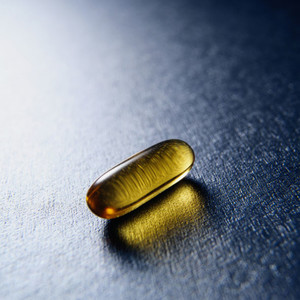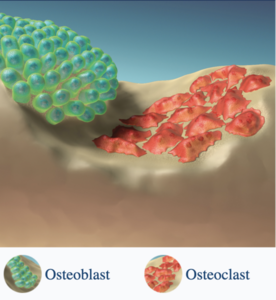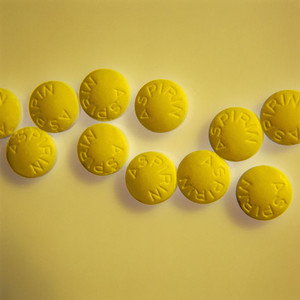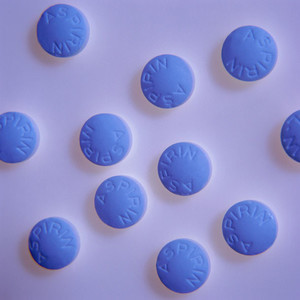US pharma giant Pfizer announced on 2 June 2011 that it had signed a memorandum of understanding (MOU) with Chinese generics manufacturer Zhejiang Hisun Pharmaceuticals (Hisun) on their intention to establish a joint venture. This potential partnership would aim to strengthen the ability of both companies to reach more patients with high-quality and low-cost medicines in the branded generics arena.
Pfizer in joint venture with Chinese generics maker Hisun
Generics/News
|
Posted 17/06/2011
 0
Post your comment
0
Post your comment

Under the MOU the two companies will explore where they can collaborate in the manufacturing, local and global sales, marketing infrastructure and research and development of generic medicines.
Hisun is a leading active pharmaceutical ingredient manufacturer in China. This joint venture would further underpin Pfizer’s diversification into generics and increase its presence in the lucrative emerging Chinese pharmaceutical market. This would both offset patent loses on some of Pfizer’s major blockbusters, e.g. Enbrel, with global sales of US$3.3 billion during 2010 loses patent protection in 2012—and offset losses in revenue due to cuts in healthcare funding in Europe and US.
The MOU ‘demonstrates Pfizer’s commitment to China’s ongoing healthcare reforms’, said Mr David Simmons, President and General Manager, Emerging Markets and Established Products of Pfizer. China is currently in the first phase of its US$125 billion plan to provide affordable medical care for the entire population by 2020 [1]. Therefore, there is a massive opportunity for increased use of pharmaceuticals, especially generics, in the country.
Off-patent medicines, including branded generics, represent one of the fastest growing segments in the global pharmaceutical market. This is especially true in emerging markets, where costs and access drive generic medicine growth. In China, branded generics account for 60% of the domestic market.
China’s medical spending over the past five years has doubled its massive gross domestic product growth rate and China’s medical spending is expected to grow by 22% a year up to 2013 [1]. With a population exceeding 1.3 billion and rapidly increasing urbanisation rates, the nation is expected to become the world’s second largest pharmaceutical market by 2015.
Related articles
Everybody jumping on the biosimilars bandwagon
2012’s biggest patent expiries
Merck and Parexel form strategic alliance for biosimilars
Reference
1. GaBI Online - Generics and Biosimilars Initiative. China’s Healthcare reform in 2010 [www.gabionline.net]. Mol, Belgium: Pro Pharma Communications International; [cited 2011 June 16]. Available from: www.gabionline.net/Policies-Legislation/China-s-healthcare-reform-in-2010
Source: Pfizer
Research
Japan’s drug shortage crisis: challenges and policy solutions
Saudi FDA drug approvals and GMP inspections: trend analysis
The best selling biotechnology drugs of 2008: the next biosimilars targets










Post your comment